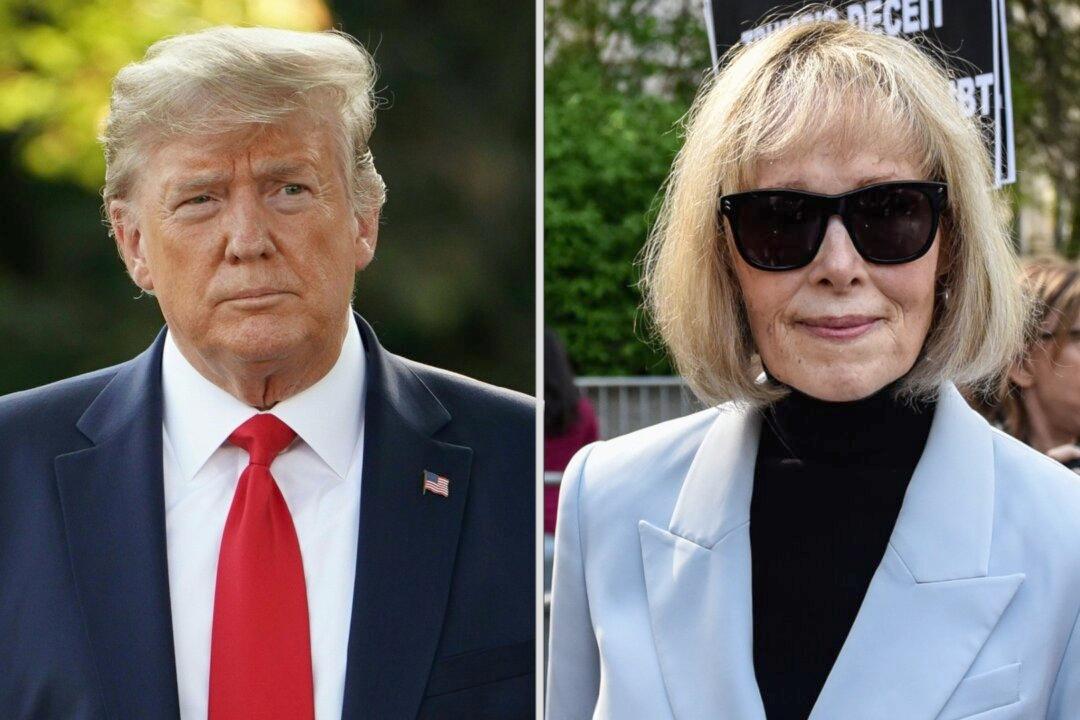Attorneys for former President Donald Trump made yet another attempt at arguing that the former president has a “presidential immunity,” or “absolute immunity” as a U.S. Supreme Court decision came to describe it, in the defamation case against him brought by writer E. Jean Carroll.
Michael Madaio said they had “tried to raise presidential immunity three times and ... been rejected by the courts three times” already as judges heard arguments about whether presidential immunity was a defense that could be waived.





